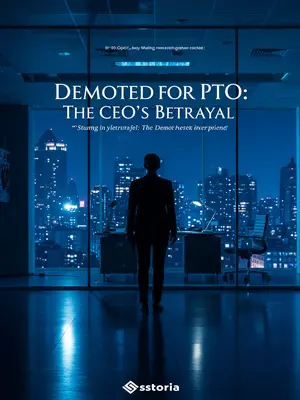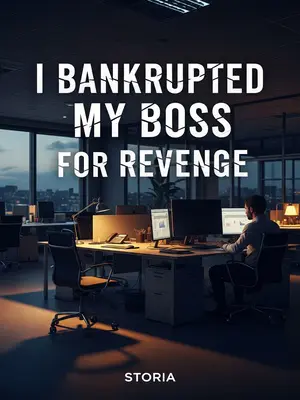Chapter 4: Building an Empire—For Someone Else
Grant Chandler is a second-generation rich kid.
His family’s name is practically etched into the local business landscape. The company he now runs is an old American brand inherited from his father, mainly producing household goods.
Back in the ‘90s, their logo was everywhere in the Midwest. Folks in places like Peoria and Des Moines used to swear by their stuff.
But as foreign competitors flooded in and new products emerged, Chandler Group—unable to market or catch the internet wave—gradually lost its place in the market.
By the time I joined, Grant Chandler had just taken over. The company was struggling to make payroll, so where were the dividends?
At that time, aside from a dozen or so workers in the factory, there were fewer than ten people in the office, mostly Grant Chandler’s relatives.
It was the kind of setup where Thanksgiving dinners probably doubled as board meetings. Nepotism at its finest.
The company’s products were models from over a decade ago, with no features or innovation.
I seized on the trend of the internet and smart applications, suggesting we add smart and remote control features to new products.
Coincidentally, I had a classmate at a software company. After the smart control software was developed, we revamped the product’s color scheme and performance to suit younger buyers’ tastes.
Once the new product was launched, we spent another three months testing it.
That September, I nervously took the new product to the Chicago International Home Expo.
I can still remember hauling the demo model up the McCormick Place loading dock at six a.m., my heart pounding in my chest, hands clammy with anticipation.
Unexpectedly, our tiny booth was packed.
Seven years ago was the golden age of e-commerce. Many e-commerce company leaders experienced our product at the expo and all wanted online sales rights.
But I only took their contact info and didn’t agree on the spot.
After the expo, I quickly set up shop on major e-commerce platforms and opened official flagship stores.
Late nights were spent building out our Amazon and Walmart.com stores, learning SEO, tweaking listings until my eyes blurred.
Once flagship store sales and reputation stabilized, I started planning a broader online sales network.
Because I’d done a year of overseas exchange as a student, I had some international contacts and recommended our products to them.
An Australian friend, Liam, saw the sample I sent, learned our supply price was just a third of theirs, and after inspecting the factory in person, placed an initial order worth six million US dollars—signing an exclusive global agency agreement.
Liam handled overseas promotion himself.
Grant Chandler’s hands were shaking when he saw the order. He exclaimed “Good! Good! Good!” three times, then missed his chair when he tried to sit down and fell.
That night, he drank heavily. With red eyes, he said that from now on, he wouldn’t be seen as a rich kid who only knew how to party—he’d have his own career.
For seven years, late nights and overtime until two or three in the morning, downing five or six cups of iced Americano a day, became my routine.
My eyes would blur at the glow of my dual monitors, empty Red Bull cans piling up beside my keyboard, but I kept at it. There was pride in seeing the numbers tick up, the stores getting five-star reviews.
We grew the company from the brink of bankruptcy to an integrated production and sales business with over 200 employees.
While other brands were closing brick-and-mortar stores, we opened over a hundred new ones in just a few years.
As the business stabilized, my position rose from marketing operations specialist to manager, and my annual bonus increased year by year.
But after being used, they started thinking about getting rid of me.
Looking back, it all feels like a twisted version of the American Dream—until the rug gets pulled out from under you.













